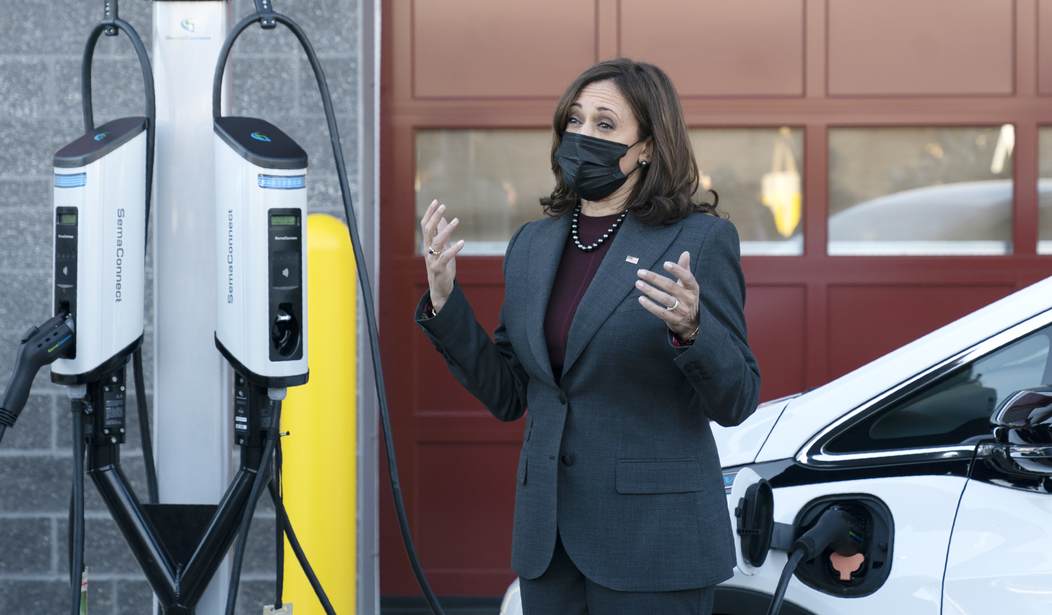The headline on CNBC tells the story: "EV Euphoria is Dead." After a burst of enthusiasm for electric vehicles in 2021-22, the public's enthusiasm has cooled substantially.
The latest buzzword in the auto business is "choice." Companies are rolling out more plug-in hybrids and gas models and scaling back production of all-electric cars.
As it turns out, the rosy predictions and wishful thinking never quite panned out.
“What we saw in ’21 and ’22 was a temporary market spike where the demand for EVs really took off,” Marin Gjaja, chief operating officer for Ford’s EV unit, told CNBC. It’s still growing but not nearly at the rate we thought it might have in ’21 and ’22.”
Even Tesla, which accounts for about 55% of all EV sales in the US, is preparing for what “may be a notably lower” rate of growth in the next few years.
Detroit's biggest problem is that, despite lagging sales, government targets for lower emissions by 2035 still assume that up to two-thirds of all new vehicles sold by that date will be EVs. It was a difficult task to reach those emissions targets when EV sales were going gangbusters. What about now?
“The market was never going to make a smooth transition to EVs, and we expected a slowdown in this shift as early adopters were satisfied,” said Sam Fiorani, vice president of global vehicle forecasting at AutoForecast Solutions. “Moving on to less tech-savvy buyers will slow the EV market share growth over the next few years.”
Since first adopting an all-electric deadline, of sorts, in January 2021, GM CEO Mary Barra and other executives have more recently said customer demand will steer its efforts. They maintain that the 2035 goal remains its guiding plan. Cadillac now says it will offer a full lineup of EVs, but not necessarily end production of all gas-powered models by 2030.
“We have the best of both worlds right now,” Cadillac Vice President John Roth said last month during an interview. “We’ll see where it heads here in the future, but we are still committed to offering a full EV portfolio by the end of the decade.”
Ford, for its part, has never stated plans to exclusively offer EVs globally, but it did set targets to be all-electric in Europe by 2030, for 50% of its sales in North America to be electric by that same year and to achieve an 8% EV profit margin by 2026. It has since backed off many targets and is cranking out hybrids — specifically trucks — along with EVs and plug-in hybrid electric vehicles for the U.S.
Those "less tech-savvy buyers" only know that the range of EVs is limited. They know that their trusted mechanic probably doesn't know a lot about how to service EVs. And they aren't blind. They know that charging stations are few and far between.
Won't hybrids help with the transition to all-electric? Hybrids have their own problems. Their upfront cost is higher and they cost more to operate. Despite the electric motor, they have poor fuel economy and higher maintenance costs.
"Plug-in" hybrids have an even shorter range and get lousy mileage. If car markers are looking to use hybrids and plug-in hybrids to transition to all-electric vehicles, they will be disappointed.
The government's efforts to force Americans to go electric aren't dead. It won't matter if there aren't enough mechanics to service EVs. It won't matter if there aren't nearly enough EV charging stations. The only thing that matters is that the planet has to be saved.
In the name of battling climate change, nothing is too extreme.










Join the conversation as a VIP Member